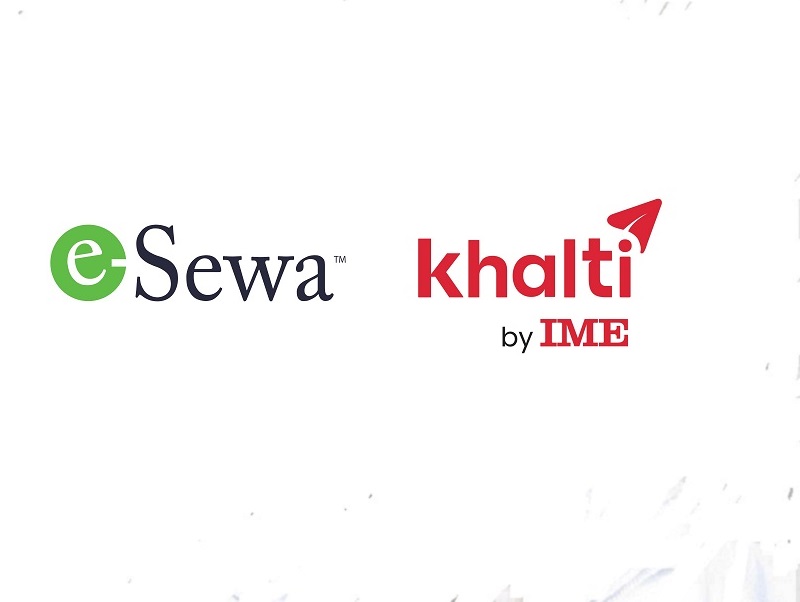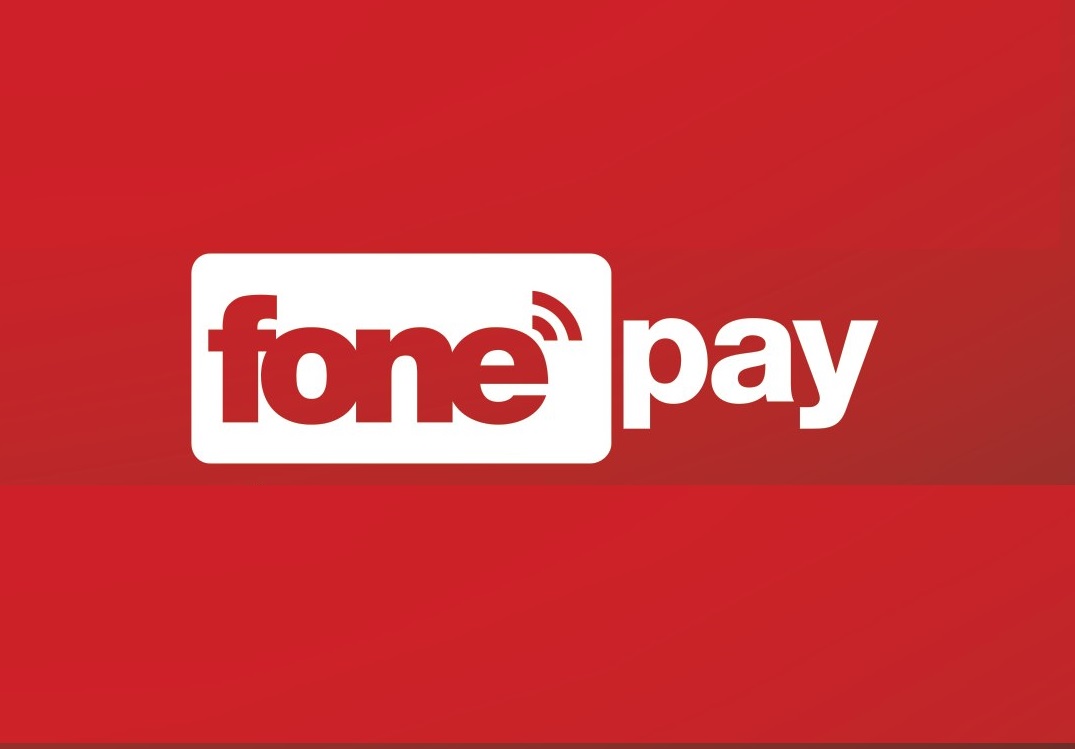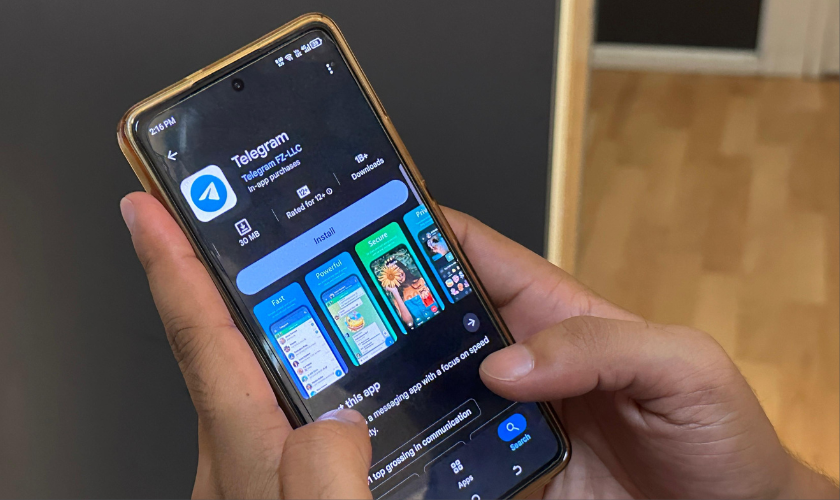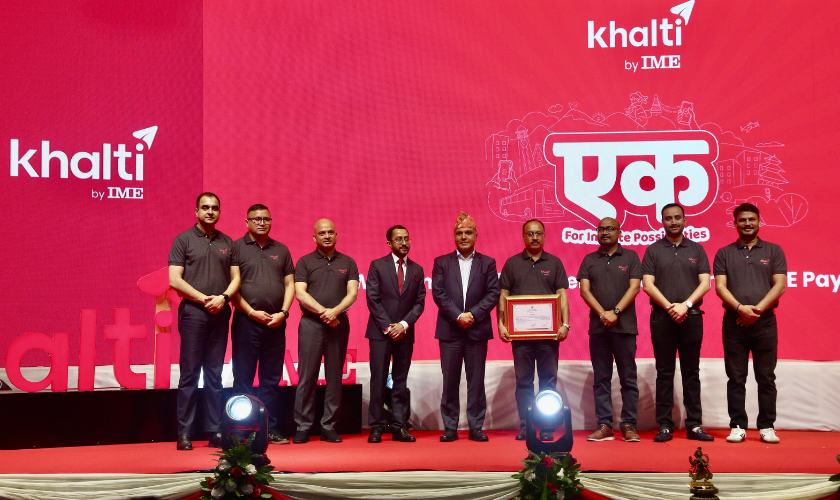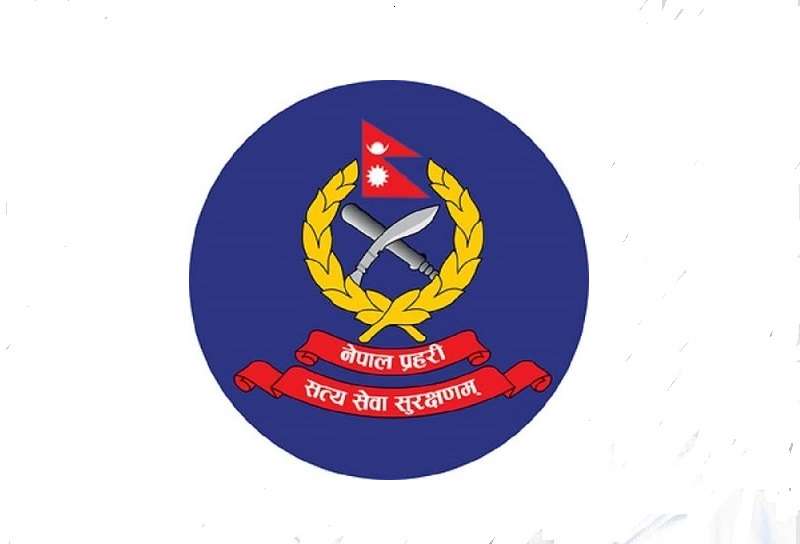Nepal’s mobile wallet providers are seeking regulatory clearance from Nepal Rastra Bank (NRB) to expand their range of services, as competition intensifies with banks and financial institutions offering similar digital banking solutions through mobile apps.
Major players such as eSewa and IME Pay have already ventured into basic financial services including micro-savings, micro-lending, and insurance, but their current operations are limited by existing regulatory constraints. Wallet firms are required to partner with licensed banks and insurance companies to deliver such services, as they are not permitted to operate these offerings independently.
According to NRB sources, several digital payment service providers, including eSewa, have submitted proposals to independently launch "micro-savings" and "micro-lending" services through their wallet platforms, bypassing mandatory partnerships with banks or insurers. At present, eSewa offers micro-lending only to its agent network, while IME Pay’s savings feature is operated in collaboration with Manjushree Finance. IME Pay has launched integrated operations with Khalti under the name of “IME by Khalti” since July 17 following their merger.
In addition, wallet companies have requested permission to operate e-commerce platforms and facilitate direct goods trading through their apps. Until now, wallet services have been limited to mobile top-ups, utility bill payments, and similar basic digital transactions. As banks increasingly integrate these same features into their own mobile banking apps, wallet providers say they are struggling to cover operating costs and need regulatory flexibility to diversify their services.
Jagdish Khadka, CEO of eSewa, confirmed ongoing discussions with NRB to enhance wallet functionalities. “We’ve proposed adding features like micro-savings, micro-lending, and a digital marketplace,” Khadka said. “NRB has responded positively, and we expect gradual approval.”
Wallet operators have also urged NRB to allow them to invest the float balance held in settlement bank accounts for issuing e-money into short-term government instruments, including the national treasury, to generate returns.
NRB has not yet approved the proposals but confirmed that deliberations are underway. Kiran Pandit, NRB spokesperson, stated that NRB has established a “Digital Innovation Hub” to evaluate and support fintech innovations. “Regulations are not intended to block the growth of wallet companies,” he said. “We continuously revise policies as needed and are studying the feasibility and necessity of the proposals.”
Currently, 22 wallet providers operate under NRB licenses, with over 23.5 million users as of mid-July. Wallets offer a wide range of digital services, but they face direct competition from traditional banks, which now provide similar features through mobile banking platforms.
Although NRB announced a study on digital micro-lending via wallets three years ago, regulatory progress has been slow. As per the central bank’s 2021 directive on digital lending, licensed banks and financial institutions can issue up to Rs 500,000 in loans to salary account holders and up to Rs 200,000 to other customers via electronic means. Wallet companies, however, can only act as facilitators under this framework, handling customer onboarding, credit scoring, loan approval communication, and automated repayment functions. eSewa currently offers loans of up to Rs 200,000 to its agents, while IME Pay’s savings services are run in partnership with financial institutions.
NRB is also preparing to license “neobanks”, digital-only banks, which may further reshape the financial landscape. However, some wallet operators argue that they are being sidelined despite already having invested heavily in digital infrastructure and services.
“We hear that neobanks are coming, but companies like ours, which have already built the necessary infrastructure and capabilities, are not being allowed to grow,” said one wallet company executive. “Given the scale of capital invested, mobile wallet providers should be permitted to operate more fully across the financial spectrum.”

